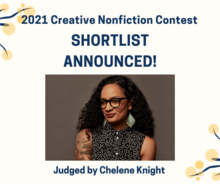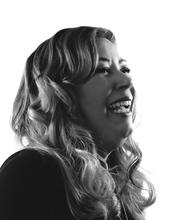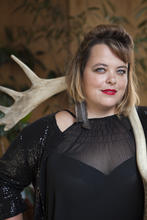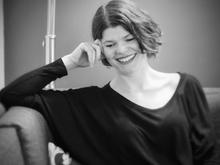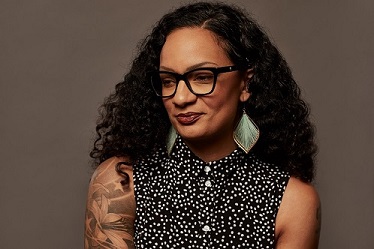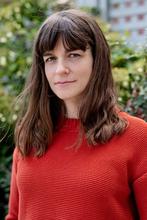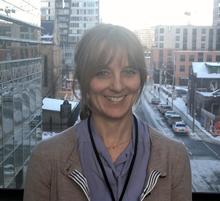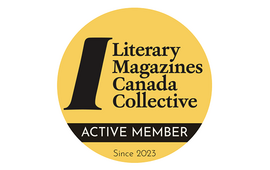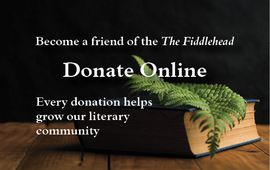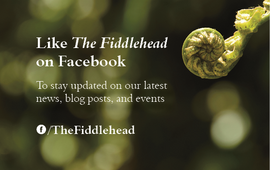Excerpt from "Dispatches" by K Ho
Dispatches by K Ho, 2021 Creative Nonfiction Contest Winner
Excerpt
Every morning before my online creative writing workshop, I take a black handheld device, about four inches long and one inch wide, and line it up next to my laptop. It looks like an old-school cellphone, not unlike an early-aughts Nokia mobile on which many eager hands played Snake. The device has a red button and a mouthpiece of scattered dots for soundwaves to slide through. I press record and wait for class to begin.
